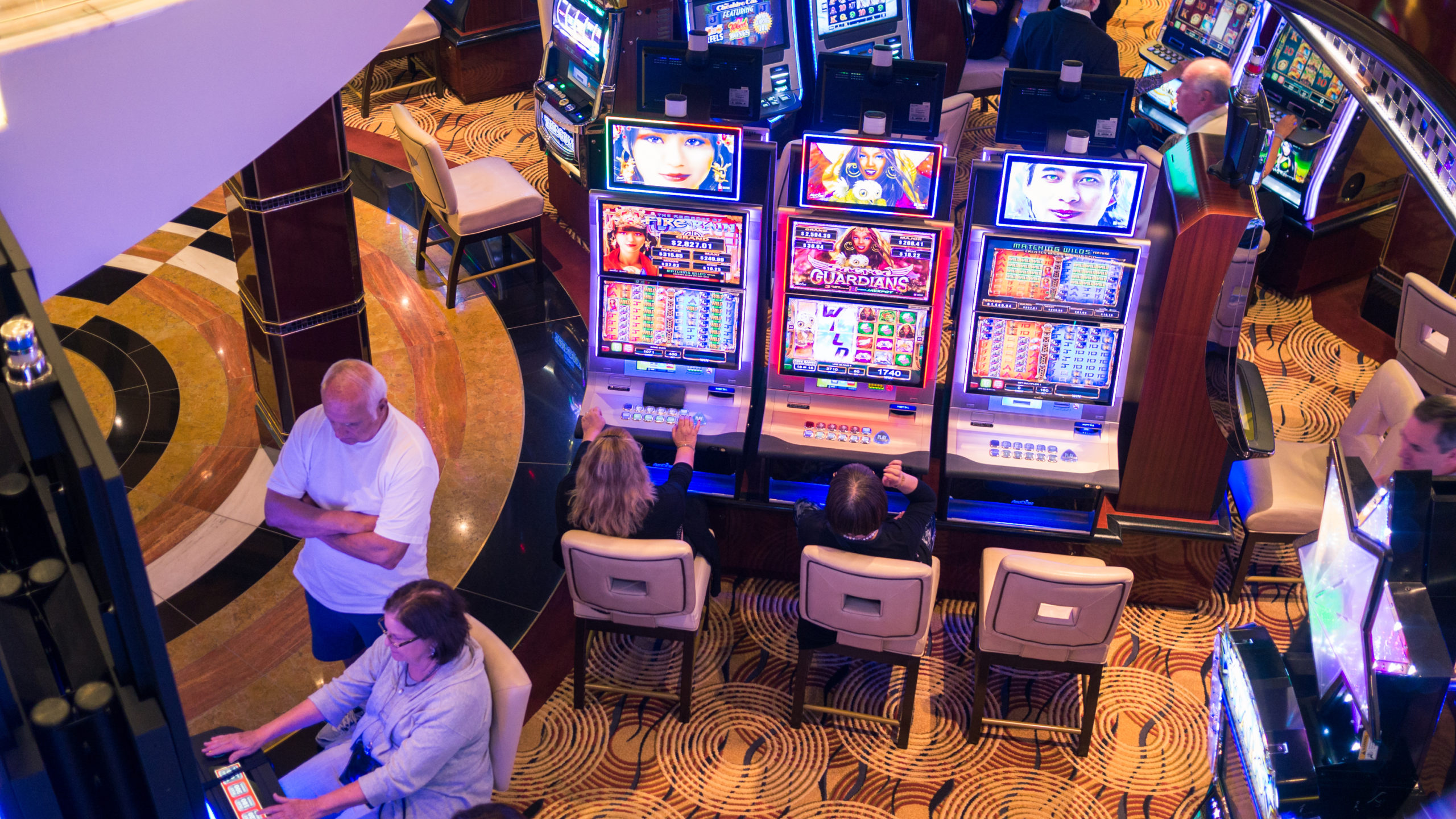Gambling in casinos has long been a subject of interest and debate, drawing in millions of players globally. With a mix of luck, skill, and the thrill of uncertainty, casino games offer an exhilarating escape from everyday life. However, as entertainment becomes ever more accessible, it invites a deeper examination of the ethical implications surrounding these games.
At the heart of the discussion lies the question of whether casinos promote safe gambling or take advantage of at-risk individuals. The allure of potential winnings versus the truth of losses can create a complex dynamic, and understanding this balance is crucial for both players and operators. As we delve into the morals of casino gaming, we will explore the duties of casinos, the effects on society, and the measures that can be taken to foster a healthier gaming environment.
The Impact of Casino Gaming on Society
Casino gaming has a considerable influence on society, affecting not only the financial landscape but also interpersonal dynamics and local frameworks. The income generated from casinos can lead to job creation and boost regional economies, as they provide various employment opportunities in multiple fields including hospitality, entertainment, and retail. However, while the financial benefits can be significant, communities often grapple with the potential negative impacts that arise from increased gambling activity.
Additionally, the presence of casinos can lead to an increase in gambling addiction, presenting serious challenges for players and families. The excitement of casino games can quickly transform into a compulsive habit, affecting connections with others and leading to monetary issues. Many individuals may struggle with the loss of control over their gambling behaviors, resulting in a need for community support services and help to address this increasing issue. The social cost of addiction can extend through kinships and neighborhoods, creating an urgent need for responsible gaming initiatives.
In addition to the economic and social consequences, casino gaming often showcases cultural attitudes towards risk and entertainment. It can encourage a sense of excitement and leisure, attracting tourists and boosting tourism. However, this allure may also mask the broader implications of gambling as a form of entertainment, raising ethical questions about its promotion and availability. As communities weigh the advantages and drawbacks of casino gaming, the need for responsible practices and oversight becomes increasingly critical in ensuring that the positive aspects are enhanced while reducing the negative effects.
Moral Concerns in Gambling Practices
The morality of casino gaming often revolve around the risk for dependency and its effects on individuals and households. Gambling can lead to serious financial distress, impacting not only the gamblers but also their families. As people become caught in the allure of winning, many lose track of their financial limits, which can result in catastrophic results such as bankruptcy. This poses moral questions about the responsibility of casinos in fostering safe gaming practices and providing support for those who may be dealing with betting addiction.
Another major issue is the promotion of gambling to at-risk groups. Gambling establishments often target low-income people or neighborhoods with the offer of fast rewards, which can continue patterns of poverty and hopelessness. In this situation, the ethics of advertising strategies used by gambling establishments come under examination, as they may take advantage of the need of individuals seeking an way out from financial hardships. This exploitation raises moral questions about the honesty of the betting industry and its responsibility to protect its most vulnerable patrons.
Additionally, the impact of gambling operations on the community as a whole cannot be ignored. While some argue that casinos create employment and stimulate local economies, others point to the social costs associated with dysfunctional gambling, increased criminal rates, and a burden on public resources. Balancing economic benefits with the potential for community issues presents a complex moral dilemma for lawmakers and gambling operators alike. The difficulty lies in finding a ethical approach that takes into account the well-being of people and communities while still allowing for the pleasure of gambling activities.
Regulatory Structure and Duties
The regulatory framework pertaining to casino operations is created to ensure justice, integrity, and participant safety. Various government entities and casino commissions create and enforce regulations that dictate how gaming operations function, the criteria for product design, and the protocols for processing winnings. These regulations vary by jurisdiction but typically involve permit requirements for businesses and rigorous measures to stop deception and dishonesty.

In also to regulatory bodies, gaming operators bear significant duty in upholding principled standards within their venues. They must adopt ethical gaming practices that promote player protection and awareness, including presenting self-exclusion options and sharing information about the risks associated with gambling. Casinos are also accountable for training staff to identify signs of problem gaming and be aware of the correct actions to assist patrons in distress. 188bet
Additionally, clarity in gambling operations is essential for earning and maintaining public faith. Operators should offer clear information about the chances of games, advertising offers, and any related hazards. By fostering an atmosphere of honesty and accountability, operators can help lessen the potential negative impact of betting while improving the overall betting experience for all players.

